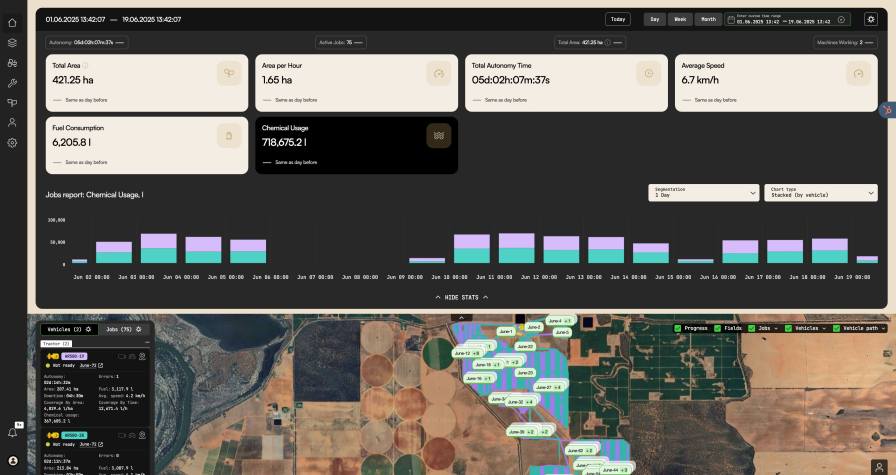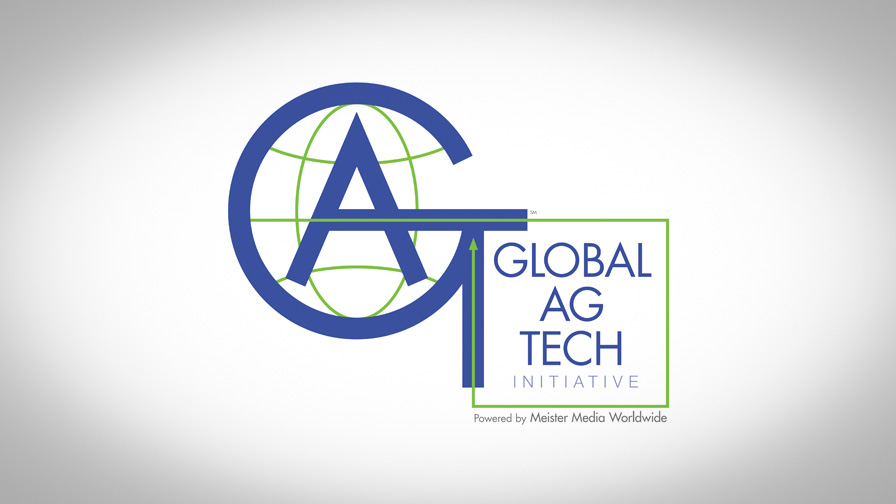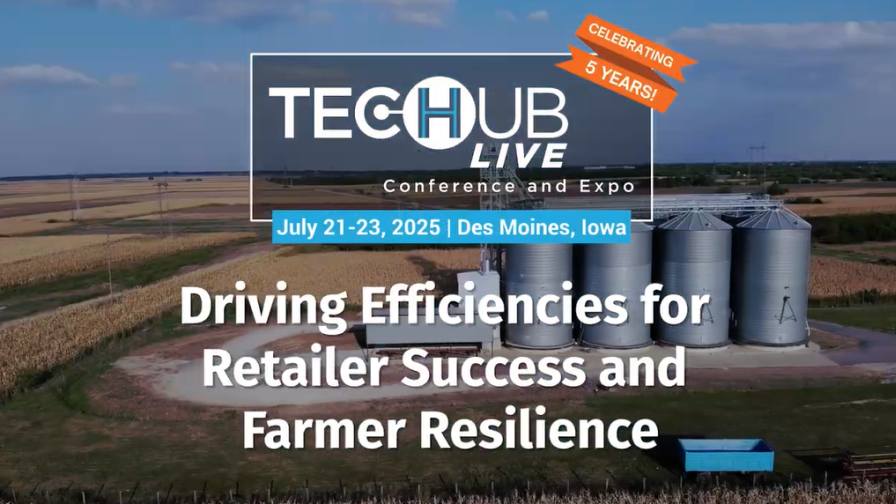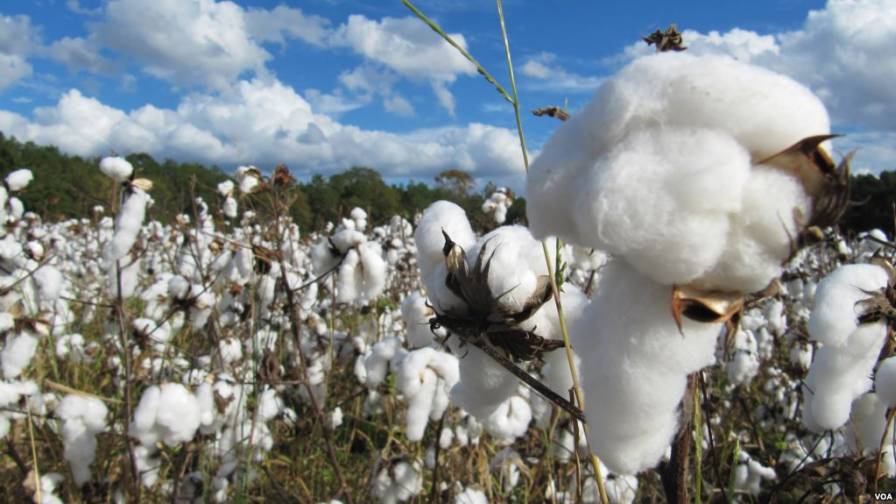The Future of Precision Agriculture Resides in Agricultural Intelligence
According to the United Nations, the world’s population is projected to reach 9.7 billion by 2050, and the growing demand for food, feed, fiber, and fuel is putting immense pressure on global agriculture. To address this challenge, Krishak Jagat reports, precision agriculture has emerged as a transformative solution, empowering farmers to optimize their resources while increasing crop yields and reducing environmental impact. However, the future of precision agriculture extends beyond just automation and data collection. It lies in the integration of cutting-edge technologies, data analytics, and artificial intelligence to create what is now known as Agricultural Intelligence.
Precision agriculture, often referred to as precision farming or smart farming, has undergone a remarkable transformation over the past few decades. It began with the adoption of Global Positioning Systems (GPS) in the 1990s, enabling farmers to pinpoint their location and control machinery with exceptional accuracy. This marked the beginning of precision agriculture by enhancing the efficiency of planting, harvesting, and managing agricultural resources.
In subsequent years, precision agriculture witnessed the emergence of remote sensing technologies, including drones and satellites that could monitor and analyze crops. This equipped the farmers with valuable insights into crop health, soil conditions, and irrigation needs, enabling more informed decision-making. The era of big data in agriculture had begun.
Agricultural Intelligence represents the next phase of precision agriculture, encompassing the integration of advanced technologies and data analytics to make farming not only more precise but also smarter. By harnessing the power of artificial intelligence, machine learning, and the Internet of Things (IoT), Agriculture Intelligence is revolutionizing the way we cultivate crops and raise livestock. Here’s how it is shaping the future of farming:
MORE BY KRISHAK JAGAT
India: Coromandel Reiterates Commitment to Technology-Driven Agriculture
The State of Food and Agriculture 2022: Leveraging Automation to Transform Agrifood Systems
- Predictive Analytics: Agricultural Intelligence systems can analyze vast amounts of data, including historical weather patterns, soil quality, and crop health, to accurately predict future possibilities. It helps farmers anticipate and mitigate potential issues such as pests, diseases, and adverse weather conditions, ultimately leading to higher yields and reduced losses.
Read more at Krishak Jagat.









